Learn how Chester Upland School District—serving 3,200 students outside of Philadelphia, PA—transformed its MTSS implementation using Panorama to centralize student data, make early intervention easier and more transparent, and support students’ mental health needs.
We spoke with Dr. Dontae Wilson, Director of Pupil Services, to hear firsthand about the challenges and opportunities facing Chester Upland and how a renewed focus on student support is making an impact.
Challenges
- Chester Upland faced inconsistent MTSS implementation with no system-wide transparency.
- Students with hidden needs—like trauma and mental health struggles—were slipping through the cracks.
- Educators suffered initiative fatigue from too many disconnected tools and platforms.
Solution
Results
- Chester Upland went from having zero trackable intervention plans to over 740—each monitored and updated regularly.
- 88% of students reported favorable relationships with their teachers, a key marker of school connection.
- Data teams could access real-time data in 3–5 clicks, improving meeting focus and efficiency.
- Vulnerable groups could receive data-driven evaluation and targeted support for the first time.
Challenges
Chester Upland School District serves a community with a history of systemic challenges. For example, a recent hospital network closure made district-wide intervention and mental health support even more urgent. Although the district was eager to support students, teams lacked a way to gather student voice data and monitor progress. “There really wasn't a way we were gauging the overall health of our students,” Dr. Wilson, Director of Pupil Services at Chester Upland, said.
When Dr. Wilson joined the district in 2022, he found that schools were implementing MTSS, but in disparate ways. “The approach wasn’t consistent from building to building, especially in terms of whether or not the students who needed interventions were actually getting them,” he shared. “Schools weren’t always measuring whether or not those interventions were actually effective either.”
This lack of a centralized system for student data contributed to initiative fatigue and inefficiencies. In one example provided, several of the schools were using a Google Form for their MTSS work. But when a key staff member left, everyone lost access to the form. Despite educators’ best efforts to support students, data scattered across multiple systems limited their ability to act with clarity and consistency.
One of the most critical gaps Dr. Wilson saw? Mental health was not being addressed in a targeted, systemic way throughout the district. The district primarily dealt with reactive measures if a student presented with a crisis or critical behavior. But those students struggling in silence remained undetected by the current data measures.
Solution
Chester Upland selected Panorama Student Success and Student Surveys after an exploratory process that prioritized ease of use, data transparency, and integration with their existing systems. Dr. Khalid Sutton, Deputy Superintendent and Dr. Wilson were especially focused on choosing a platform that would serve the end users—teachers, counselors, social workers, and school leaders—by providing clear, accessible insights on student needs.
The district rolled out Panorama in phases, beginning with district leadership and select school-based staff in the first year to make sure everyone understood how to use the tool. Then, in year two, the district scaled up usage to include teachers, climate staff, secretaries, and more. Seeing district leadership lead by example and use Panorama themselves helped build teacher buy-in for the tool.
“Actually seeing us use it— me, our deputy superintendent, and other Central Office leaders—has been really helpful for teachers,” explained Dr. Wilson. “If we don't know how to utilize a platform, it's really hard to know what supports the leaders and school staff might need.”
There were a few strategies that made the Panorama roll-out such a successful implementation:
- Frontloading professional development, both with Panorama team members and internal experts, including building administrators.
- Hosting drop-in sessions at school sites where staff could get on-the-spot support
- Creating customized step-by-step guides to navigate Panorama in district-specific ways
- Establishing a clear MTSS framework with meeting templates, data protocols, and resource toolkits
- Setting district-wide expectations for intervention meetings, team composition, and data usage
Panorama Student Success (demo data displayed)
Results
With Panorama Student Success, Chester Upland went from having zero trackable intervention plans to over 740—each monitored and updated regularly. Before Panorama, Dr. Wilson said, “I had no way of actually looking at an intervention plan other than asking someone to send me a copy of it. But now I can log into the system and everything I need is right there.”
Reports like the Chronic Absenteeism Intervention Gaps Report help the district identify students needing intervention who previously would have been missed. Educators use weekly reports to track plan completion and identify where school leaders needed to follow up. For the first time, the district can connect the dots between supports delivered and student outcomes, helping them make strategic funding decisions.
Panorama Surveys & Engagement made the unseen seen by providing an early-warning system for identifying mental health needs. For many students, surveys were the first opportunity to express what they truly needed—transforming silent struggles into actionable insights. Student survey participation exceeded 90% in most schools, with 88% of students reporting favorable relationships with their teachers—validating the district’s post-pandemic investment in relationships. Mental health support remains a priority as a part of the Superintendent's initiatives (Dr. Latrice Mumin), and Dr. Wilson knows that Panorama Surveys will be a critical tool in this ongoing initiative.
Across the district, collaboration across departments improved, with fewer silos and more aligned work. Educators can access all relevant data in just “three to five clicks." Plus, they can drill down into specific student groups, such as those experiencing homelessness, receiving special education services, and living in foster care. Previously, understanding the full picture of these student groups required time-consuming manual data collection—now, it’s immediately available to educators and district teams.
Looking ahead, Chester Upland plans to expand use of Panorama’s AI tools and explore additional MTSS documentation features. Panorama has become a cornerstone of the district’s long-term strategy for responsive, sustainable student support—a shift that's not gone unnoticed by staff. As Dr. Wilson shared, “Some of our staff have said to me, ‘Please don’t switch to anything else. Please tell us you’re gonna keep this for next year.' And I say, of course, absolutely.”


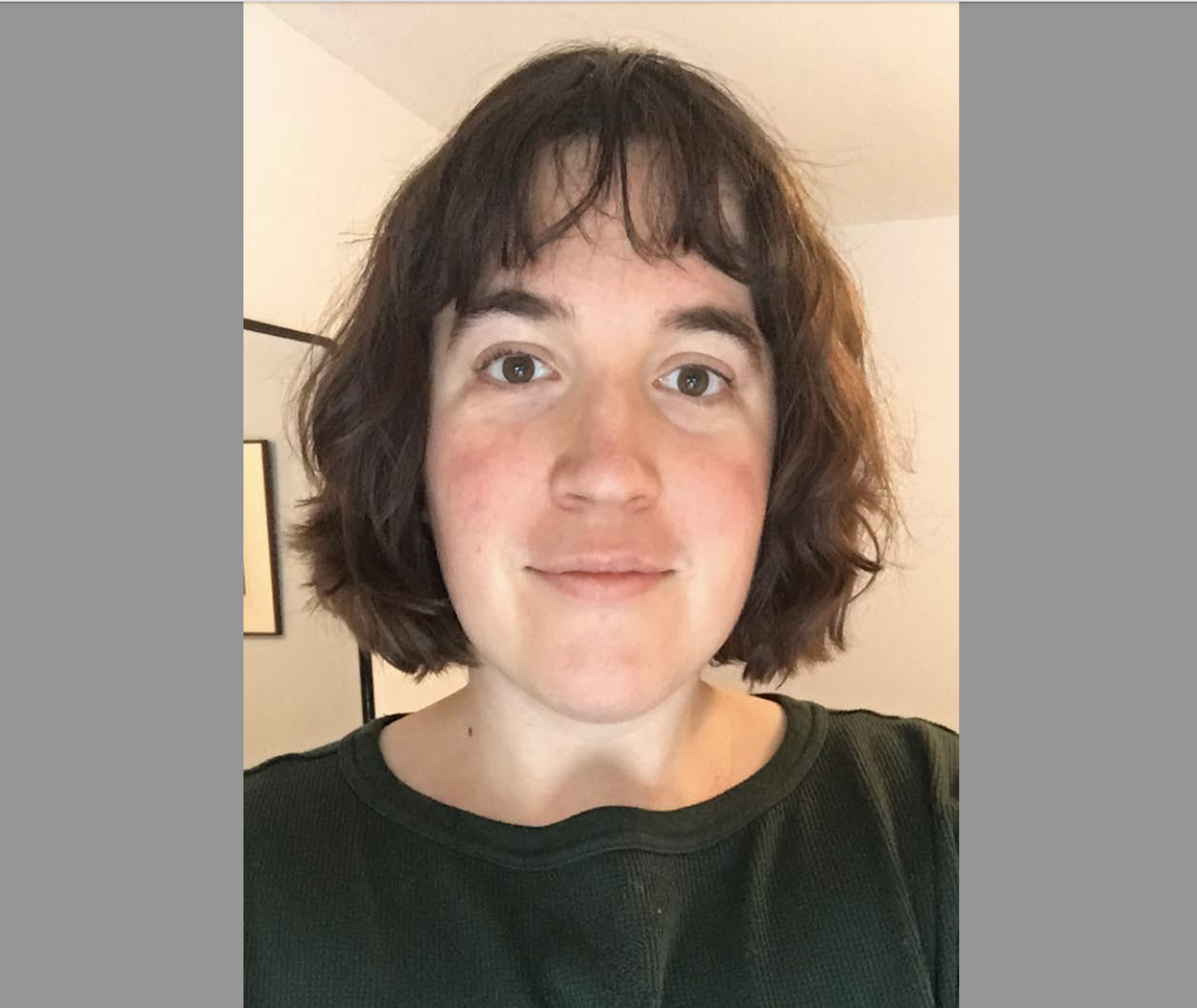
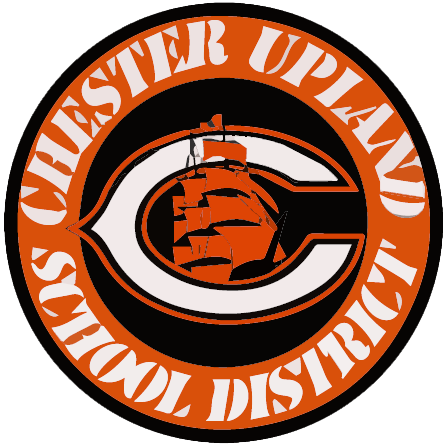
.png?width=1728&height=1132&name=student%20overview%20life%20skills%20(3).png)
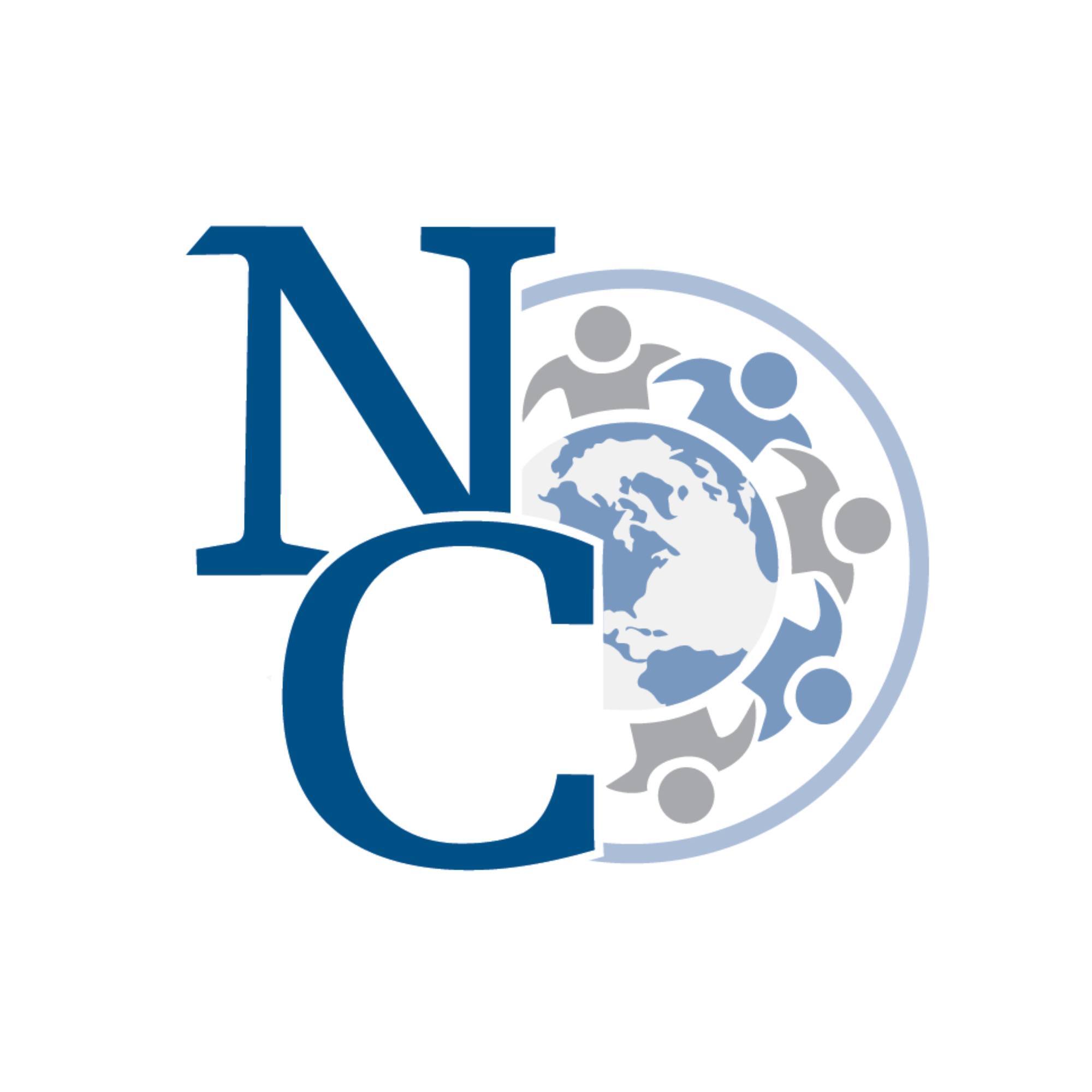


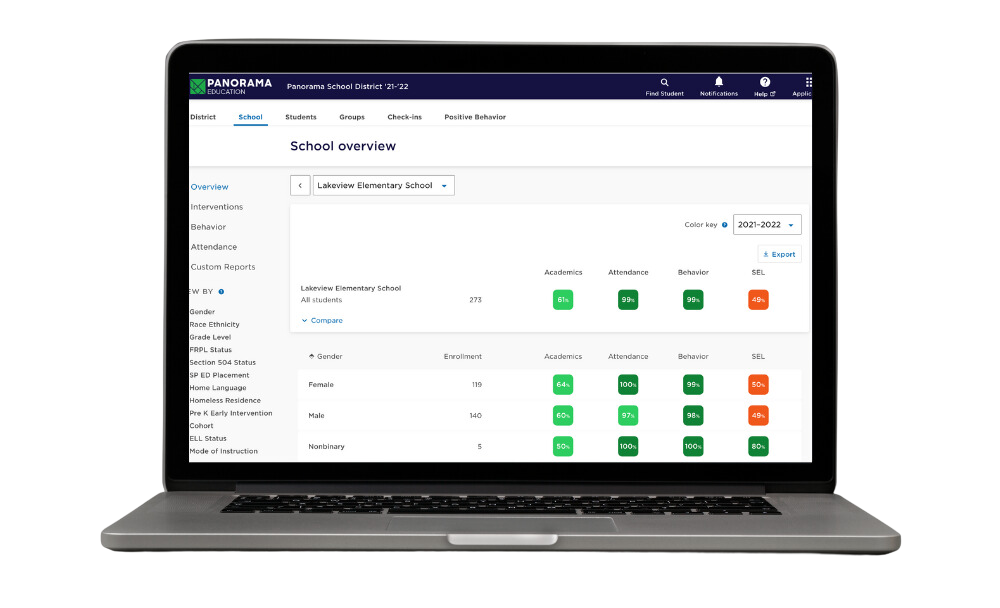
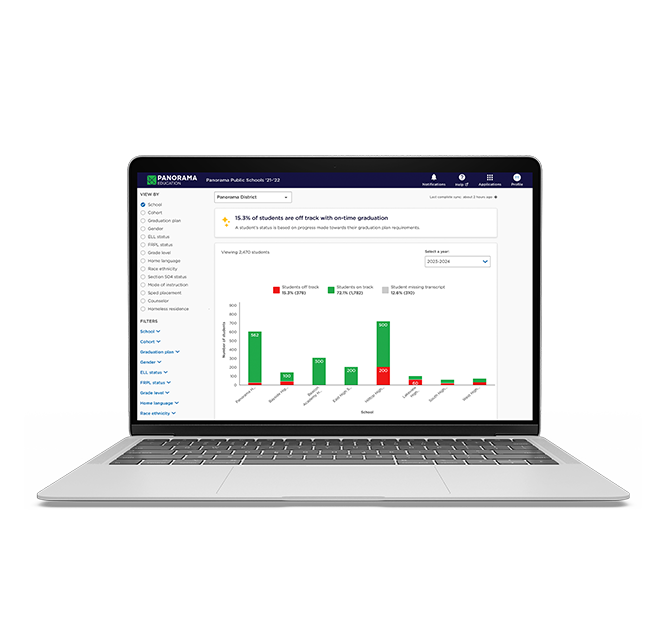

![How AI Ready Is Your District? [Infographic]](https://www.panoramaed.com/hubfs/iStock-1912513615.jpg)